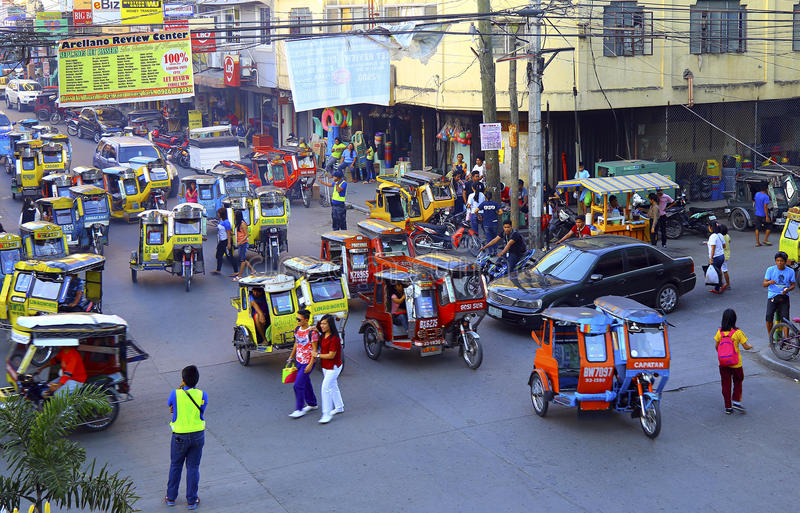KLIMA PROJECT
Case study on Tuguegarao Tricycle Modernization, highlight of 2021 FNF policy hackathon

Tricycles from Tuguegarao City, Cagayan.
© https://tuguegarao.bomboradyo.com/As part of its Klima advocacy's policy hackathon, the FNF Philippines supports researches that address policy gaps in the transport system particularly those that impact the environment, and affect freedom of movement. One notable case study submitted during the 2021 hackathon co-organized by National Movement of Young Legislators Region 2 was a case study titled “Transport Modernization in Tuguegarao City”.
The study examined challenges faced by various sectors such as drivers and commuters concerning tricycle transportation and its modernization, given its predominant role as the city's primary mode of transportation due to affordability and accessibility.
Utilizing a qualitative-descriptive research approach, the case study analyzed data from 200 respondents across six Tricycle Operators and Drivers Association (TODA) clusters within the city. It also explored environmental impacts, issues on driver’s health and passengers, transportation-related city ordinances, and the financial and maintenance costs of tricycle operations.
According to the study's findings and respondent’s perceptions and analyses, TODA drivers were unprepared for tricycle modernization, particularly due to financial constraints and the realization that the government needs to address other challenges on the transportation system, such as driver’s safety and commuters’ choice, and the implementation of laws before focusing on modernization.
These conclusions resonate with negative responses to the Department of Transportation- Public Utility Vehicle Modernization Program. The two similar initiatives when implemented without comprehensive systemic improvements may prove more challenging than beneficial.
Instead of solely advocating modernization, there is a call for inclusive modernization efforts aimed at making transportation cleaner, safer, more efficient, and more comfortable for the commuting public.
Both FNF Philippines and NMYL-Region II hope that these kind of studies can serve as recommendations to legislators, local chief executives, and lobby groups who might potentially adopt them to become bills or ordinances for the benefit of our country.
Read the full publication here
